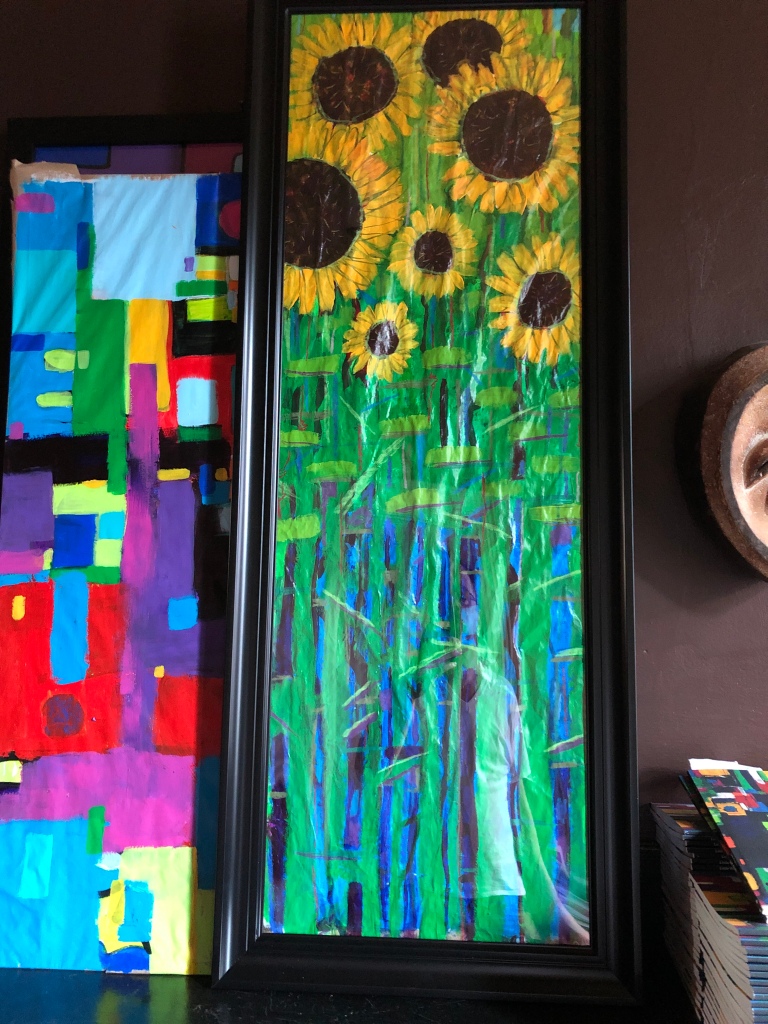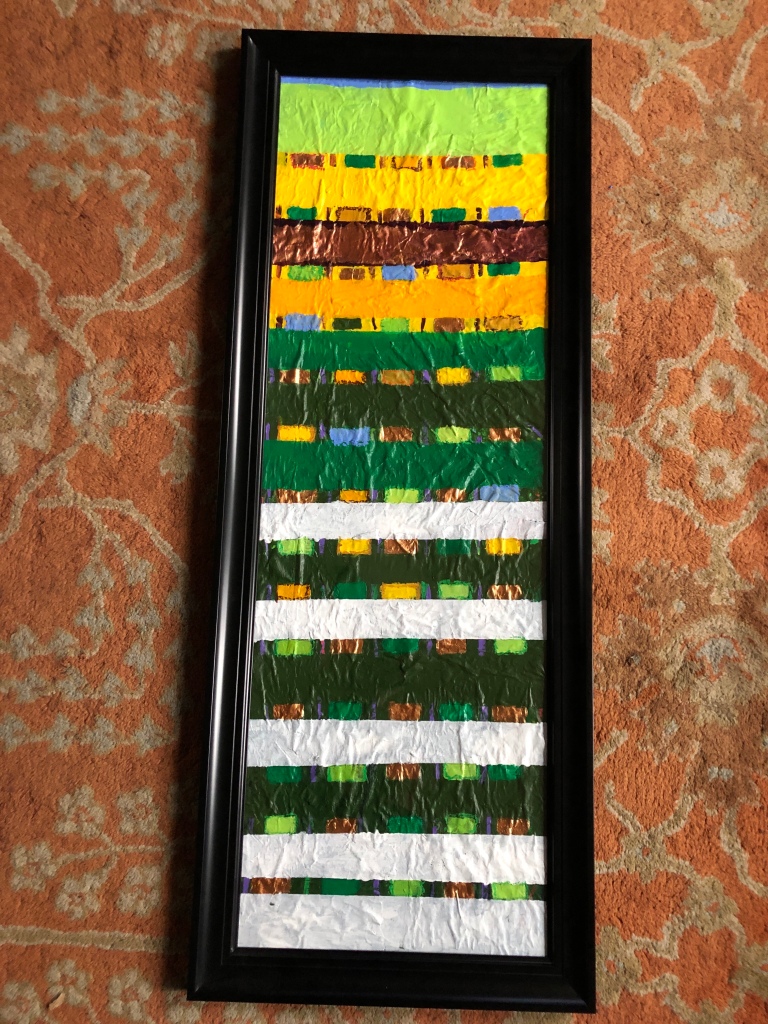I would like to feel something other than hopeful.
I would love to feel something other than righteous.
But it isn’t in me anymore, those other more sensitive feelings
like sympathy, empathy, anything not fear or anger,
because I have lost most of my tenderness these last four years
he’s been dismantling the government and any hope
a democratic government might serve to protect people
against corporate greed. He has given away a trillion
dollars we worked for to corporations who didn’t need
any more money when the country was deep in debt.
He has encouraged cruelty instead of listening. He
has encouraged everyone to think poverty is weakness.
He has beaten his own children and imprisoned thousands more
who wanted safety, who hoped to find it here. Even now
he will not let them free. He could not find anything
to say that was not an attack on sympathy or kindness.
If his body is now filling up with snowflakes…
If his body is now being wrestled to the ground…
If his every breath is an effort he’s never had to think about…
If his hands are restrained to keep from injuring himself…
I am happy to think of other things. For instance,
what will it take to open those cages? How can we
as a country help the millions out of work? How can we now
so deeply in debt manage to raise enough money to
help the millions of evictions about to happen, which
a government not crippled by greed and cruelty could?
How will we make the necessary reparations for the past?
How can we admit we haven’t truly loved everyone enough?
He is old, he would say himself if this illness were in someone else’s body.
He is old and, he would shrug, he’s had a very good life.
He will be missed by someone surely. He would be the first to say
goodbye and we thank him for whatever. He will be remembered,
he would say if someone wrote some words for him, for
whatever. Normally, to be honest, I would turn off the tv
and get back to whatever necessary thing I had to do.
But we are here and he is afflicted by the very virus
he said was a hoax, then nothing, then just liberal panic.
If we are to honor him, we must turn away from him
and get on with being alive, which means such and such,
but mostly not dying ourselves, anything to keep from
feeling anything that might interfere with the body’s demand
that it go on. He wants to go on, certainly. Who doesn’t? But now
he might not. If I pray, which I can do for him without anything
like feelings, without even a god to believe in, I pray
he undergoes whatever transformation he can bear in this life
which might free him from thinking nothing but money matters.
If he ever thought better of rape or humiliation or scorn
of whatever body he had power over, let him pray to that now.
May his doctors be immigrants and women who can still
make choices about their bodies. May his queer nurses be
protected by equipment and clothing he tried to use to make
state governors he didn’t like humble themselves to him.
May his own struggle be a lesson to other autocrats to change.
May his humility come upon him the way waves on a beach
come to anyone at the end of their rope and wash his feet
with their billion glitters of fool’s gold and old shells and relief
that something is over now he thought might kill him.


